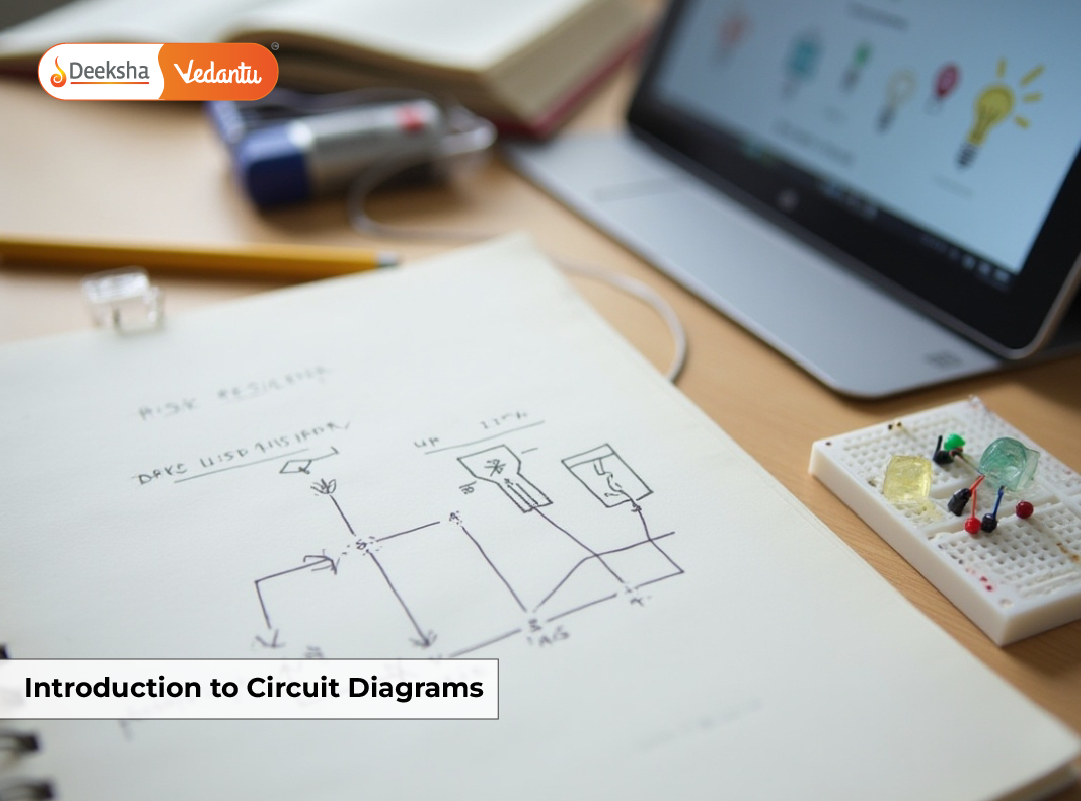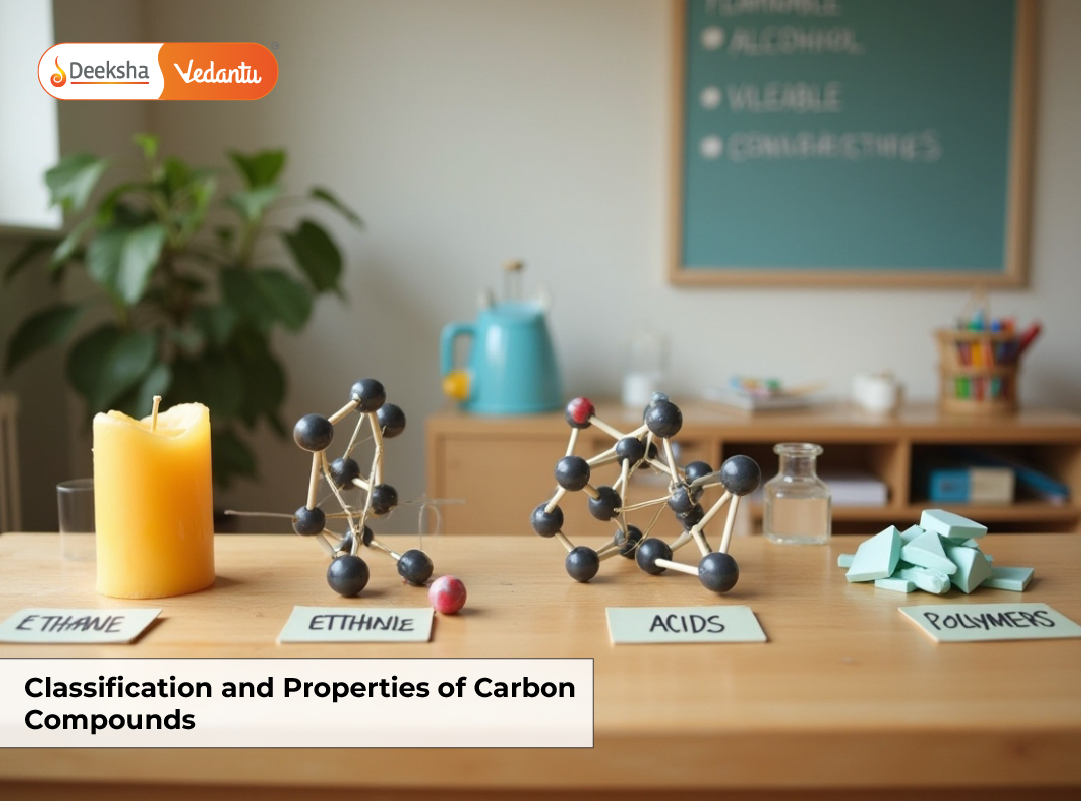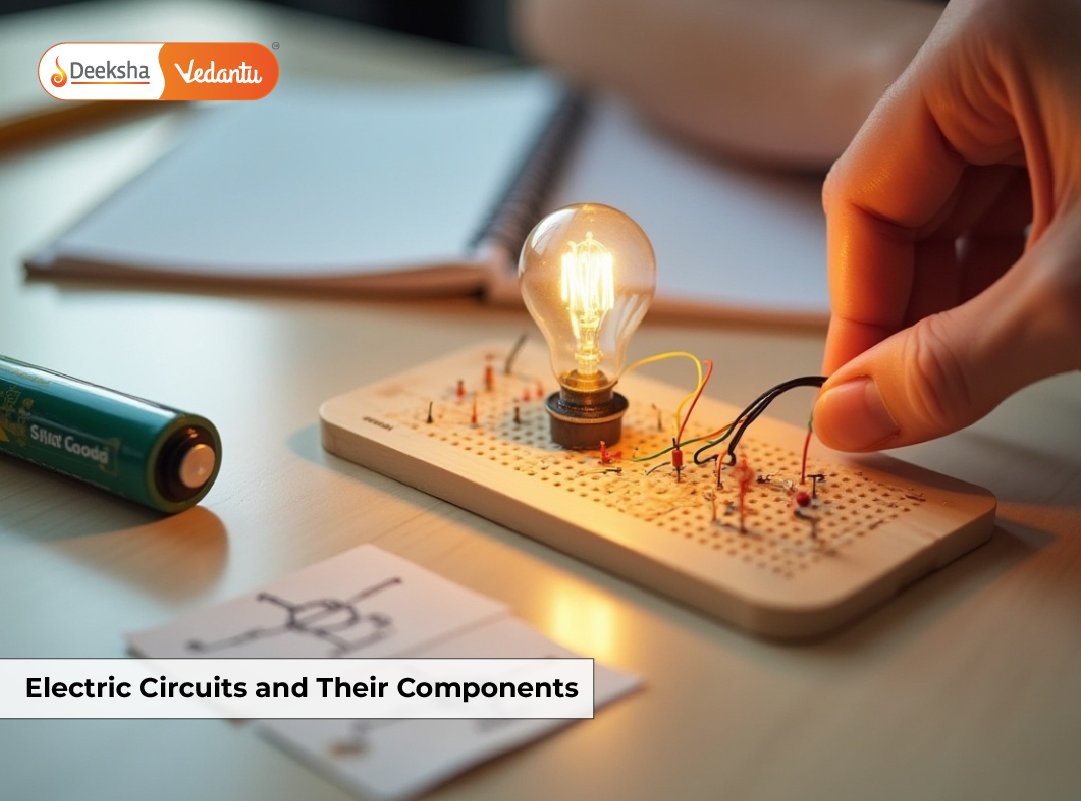Introduction to Studying Challenges:
Studying is a crucial part of academic success, but it often comes with its own set of challenges. One of the most common struggles faced by students is dealing with distractions during study sessions. Whether it’s the lure of social media, noisy environments, or internal thoughts, distractions can significantly hinder concentration and productivity. In this context, it becomes paramount to highlight the importance of maintaining focus for achieving effective learning outcomes. A focused mind not only enhances understanding and retention but also optimizes study time, leading to better academic performance. In this guide, we will explore strategies to overcome distractions and stay focused while studying, ensuring a more productive and successful learning experience.
Understanding Distractions:
Distractions come in various forms and can significantly impact our ability to concentrate and retain information while studying. Here are the common types of distractions encountered during study sessions and their effects on concentration, retention, and overall study productivity:
Types of Distractions:
Distractions are common challenges that students face during study sessions and can have a significant impact on their ability to learn effectively. Here are the main types of distractions encountered while studying and their effects on concentration, retention, and overall productivity:
- Digital Distractions: In today’s digital age, smartphones, computers, and other electronic devices can be major sources of distraction. Notifications from social media apps, emails, text messages, and online browsing can constantly interrupt study sessions. The urge to check notifications or browse the internet can divert attention away from study materials and tasks at hand. This constant switching between study materials and digital distractions can fragment attention and make it difficult to focus for extended periods.
- Environmental Distractions: The study environment plays a crucial role in concentration levels. Noisy surroundings, such as loud conversations, traffic noise, or construction sounds, can disrupt concentration and make it challenging to stay focused. Interruptions from family members, roommates, or pets can also break study flow. Additionally, a cluttered study space, poor lighting, uncomfortable seating, or extreme temperatures can contribute to discomfort and distraction, affecting study productivity.
- Personal Distractions: Internal factors can also significantly impact studying efforts. Fatigue from lack of sleep, hunger or thirst, stress from academic pressure or personal issues, and lack of motivation can all lead to reduced focus and productivity. Wandering thoughts about unrelated matters or daydreaming can also occupy the mind, making it difficult to concentrate on study materials.
Impact of Distractions:
- Concentration: Distractions divide attention and make it challenging to concentrate fully on study tasks. Constant interruptions force the brain to switch between tasks, leading to reduced overall concentration levels.
- Retention: Difficulty in maintaining focus directly affects the ability to comprehend and retain information. When distractions disrupt the learning process, it becomes harder to encode information into long-term memory. This can result in difficulties recalling information during exams or assessments.
- Study Productivity: The presence of distractions interrupts the study flow and decreases overall productivity. Students may take longer to complete tasks or assignments due to frequent breaks caused by distractions. This inefficiency can lead to frustration, stress, and a sense of not accomplishing study goals effectively.
Understanding these types of distractions and their impact can help students develop strategies to minimize distractions, create conducive study environments, and improve overall study habits for better learning outcomes.
Deeksha’s Approach to Focus:
Deeksha recognizes the critical role of a conducive study environment in facilitating effective learning and focus among students. Here’s how Deeksha approaches focus by emphasizing a supportive atmosphere and integrating mindfulness practices and structured study routines at its campuses:
- Conducive Study Environments: Deeksha campuses are designed to provide students with quiet, organized, and comfortable study spaces. These environments minimize external distractions such as noise and disruptions, allowing students to concentrate better during study sessions.
- Mindfulness Practices: Deeksha promotes mindfulness techniques among students to improve focus and mental clarity. Mindfulness exercises, such as deep breathing, meditation, and mindful awareness, are integrated into daily routines or offered through dedicated sessions to help students manage stress, enhance concentration, and stay present during study hours.
- Structured Study Routines: Deeksha encourages students to follow structured study routines tailored to their academic needs and goals. By establishing consistent study schedules, setting realistic goals, and prioritizing tasks effectively, students can manage their time efficiently and dedicate focused periods to studying without succumbing to distractions.
By combining these elements, Deeksha creates an environment where students can cultivate concentration skills, develop effective study habits, and optimize their learning potential, ultimately contributing to academic success and personal growth.
Strategies to Avoid Distractions:
To foster a focused study environment and enhance productivity, here are some strategies inspired by Deeksha’s tranquil learning environments and emphasis on efficient study habits:
- Creating a Dedicated Study Space: Designate a specific area at home or in the library for studying, free from distractions like noise, clutter, or interruptions. Keep study materials organized and ensure comfortable seating and lighting to promote concentration and comfort during study sessions.
- Implementing Time Management Techniques: Using proven techniques like the Pomodoro Technique, where study sessions are divided into focused intervals (e.g., 25 minutes of study followed by a 5-minute break). This method helps maintain focus, breaks down study tasks into manageable segments, and prevents burnout.
- Utilizing Productivity Apps and Tools: Leverage productivity apps and tools recommended by Deeksha or other trusted sources to manage tasks, create study schedules, and reduce digital distractions. Apps like Forest, Trello, or Focus@Will can help block distracting websites, organize study materials, and track progress towards study goals effectively.
By incorporating these strategies into your study routine, you can create an environment conducive to deep concentration, efficient time utilization, and improved study outcomes, aligning with Deeksha’s commitment to academic excellence and effective learning practices.
Importance of Breaks and Self-care:
Recognizing the essential role of breaks and self-care practices is crucial for maintaining focus, mental clarity, and overall well-being, aligning with the holistic approach to education:
- Role of Short Breaks: Take short breaks during study sessions to rest their minds, rejuvenate focus, and prevent mental fatigue. Short breaks of 5-10 minutes between study intervals help improve concentration levels and enhance information retention during learning activities.
- Incorporating Physical Activities: Importance of incorporating physical activities such as stretching, walking, or brief exercises during study breaks. Physical movement boosts blood circulation, releases endorphins, reduces stress, and improves cognitive function, contributing to better focus and productivity.
- Healthy Lifestyle Habits: Healthy lifestyle habits advocated by Deeksha, such as maintaining a balanced diet, staying hydrated, getting adequate sleep, and practicing mindfulness or relaxation techniques. These habits support overall well-being, mental resilience, and sustained focus during academic pursuits.
By prioritizing breaks, incorporating physical activities, and adopting healthy lifestyle practices, students can optimize their study sessions, enhance cognitive performance, and foster a positive mindset conducive to academic success and personal growth, in line with Deeksha’s holistic education philosophy.
Seeking Support from Deeksha:
- Academic Mentors and Counselors: Academic mentors and counselors at Deeksha offer valuable study-related guidance, motivation, and mentorship. Students can benefit from personalized advice, study strategies, and academic planning to enhance their focus and productivity.
- Collaborative Learning Opportunities: Actively participate in Deeksha’s study groups, peer discussions, and collaborative learning sessions. Engaging with peers fosters shared focus, mutual support, and academic accountability, creating an environment conducive to effective studying and goal achievement.
In conclusion, maintaining focus while studying is essential for achieving academic success. Distractions, whether digital, environmental, or personal, can significantly hinder concentration, retention, and overall study productivity. However, by understanding the types of distractions and their impacts, implementing strategies such as creating a dedicated study space, utilizing time management techniques, and prioritizing self-care, students can mitigate distractions and optimize their learning potential. Institutions like Deeksha emphasize the importance of a conducive study environment, mindfulness practices, structured study routines, and holistic well-being to support students in their academic endeavors. By seeking support from academic mentors, counselors, and engaging in collaborative learning opportunities, students can further enhance their focus, productivity, and overall academic performance. Ultimately, by adopting these strategies and approaches, students can overcome distractions and cultivate a focused mindset conducive to effective studying and personal growth.
Table of Contents















Get Social